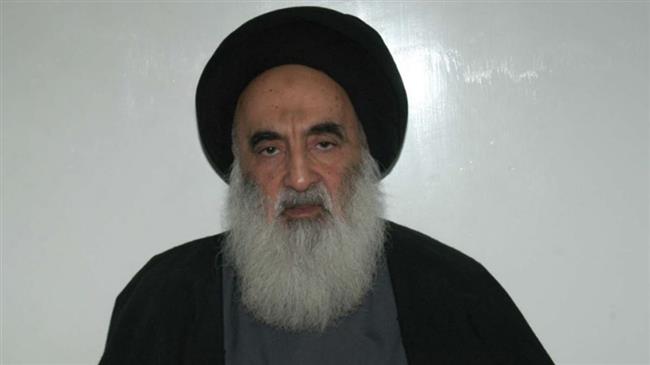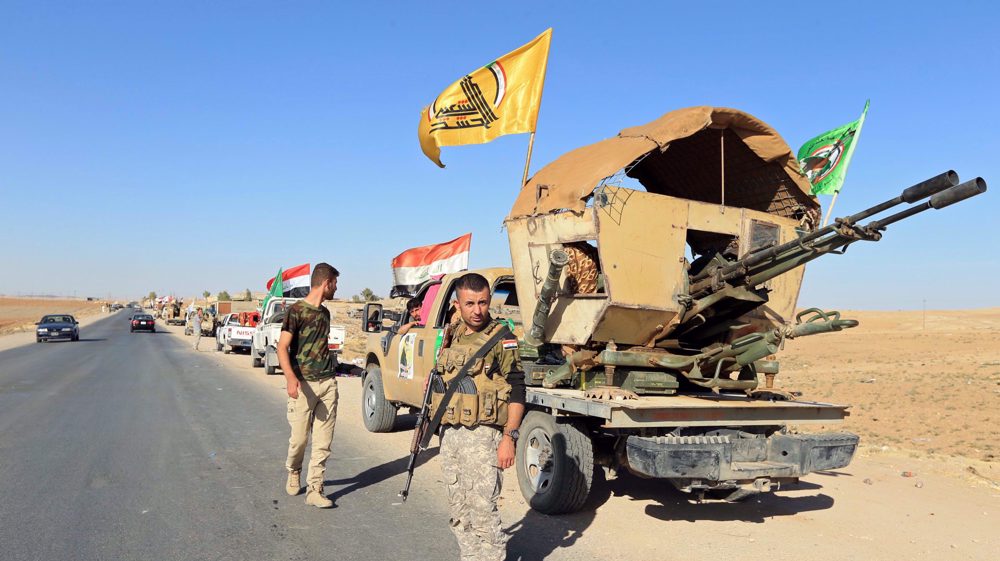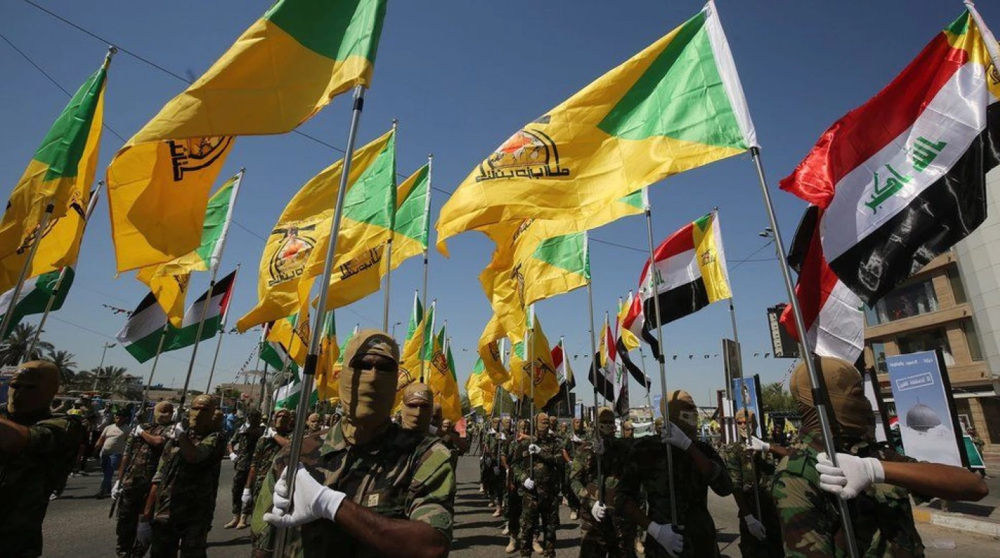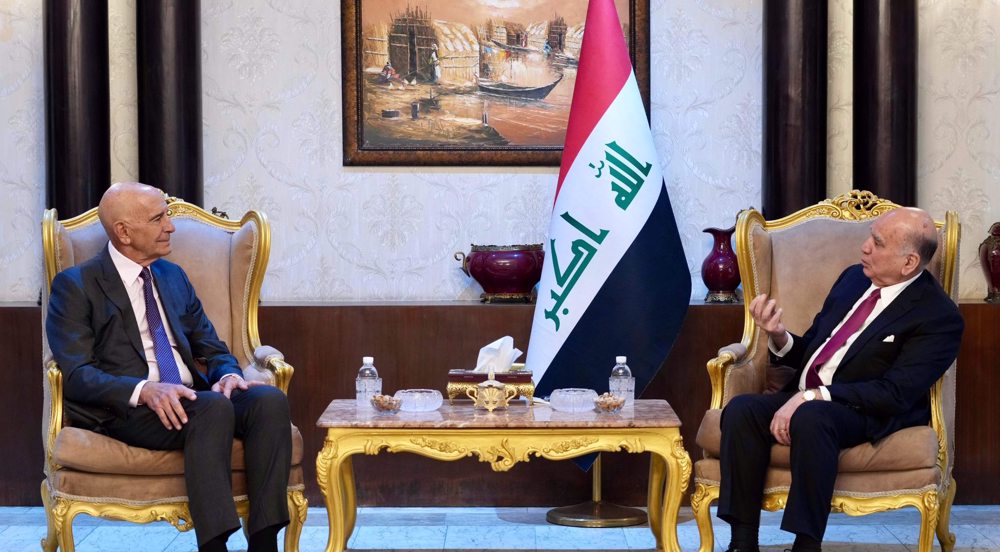Iraqi forces bust terror cell plotting to assassinate Ayatollah Sistani: Report
Iraq's security forces have dismantled a terrorist group as it was planning to assassinate the most prominent Shia cleric Grand Ayatollah Ali al-Sistani in the wake of ongoing demonstrations against corruption, unemployment and poor public services, a report says.
Lebanon's Arabic-language al-Mayadeen television news network, citing Najaf Provincial Governor Luay al-Yassiry, said on Friday that members of the terror outfit actually wanted to kill the revered cleric in the holy city of Najaf, located about 160 kilometers (100 miles) south of the capital Baghdad, and had infiltrated the old part of the city for the purpose.
#العراق: مراسل الميادين: إلقاء القبض على مجموعة دخلت المدينة القديمة في النجف لتنفيذ عملية اغتيال المرجعية الدينية
— قناة الميادين (@AlMayadeenNews) October 4, 2019
Yassiry did not provide any further information about the identity or the number of terrorists involved in the assassination attempt.
مراسل الميادين نقلاً عن محافظ النجف: مجموعات من المتظاهرين في النجف الأشرف دخلت المدينة القديمة لإسقاط المرجعية pic.twitter.com/eaIdNJ9kIH
— قناة الميادين (@AlMayadeenNews) October 4, 2019
Meanwhile, the correspondent for the Iran-based Arabic-language al-Alam television news network, Navid Behrouz, reported that the captured terrorists had planned to incite protesters to storm Ayatollah Sistani’s office.
Earlier in the day, Grand Ayatollah Sistani urged Iraqi security forces and protesters to avoid violence, expressing sorrow over some sporadic unrest that has led to several casualties.
“It is sorrowful there have been so many deaths, casualties and destruction” from clashes between anti-government protesters and security forces in recent days, he said in a letter on Friday.
In the letter read out by his representative Ahmed al-Safi during a sermon in the holy city of Karbala, the top cleric urged all parties to avoid violence.
He also criticized officials and political sides for failing to answer the demands of the people to fight corruption, urging them to heed the demands of the protesters “before it's too late.”
“Lawmakers hold the biggest responsibility for what is happening,” Ayatollah Sistani was quoted as saying.
The ongoing unrest in Iraq comes as millions of Shia Muslims are preparing for mourning rituals on Arba’een, which marks 40 days after the anniversary of Ashura, the day of the martyrdom of Imam Hussein, the grandson of Prophet Muhammad.
Imam Hussein was martyred in a battle with the massive army of Yazid ibn Mu'awiya, commonly known as Yazid I, in the desert plains of Karbala along with his 72 companions approximately 14 centuries ago, after refusing allegiance to the tyrant caliph.
The occasion has found additional significance in recent years as it has become a rallying cry for the campaign against Takfiri terrorists, who have frequently targeted the pilgrims.
The pilgrims show their commitment to the Shia imam by walking tens of miles, a large number of them barefoot. Mourners clad in black walk toward Karbala, which lies 80 kilometers (50 miles) south of Baghdad, to commemorate Arba’een, which in Arabic means forty and falls on October 19 this year.
Iran-US negotiators take break in Geneva, talks to resume
VIDEO | ‘Clear stance’: Iran reiterates its nuclear rights as per NPT, intl. law
Press group: Israel accountable for two-thirds of 129 journalist fatalities in 2025
Iran summons Dutch ambassador to protest diplomat’s smuggling attempt
Iran’s rejection of nuclear weapons based on religious beliefs: Pezeshkian
'Profound moral decline': Netizens blast Modi for whitewashing genocide in Knesset speech
VIDEO | Venezuela launches 'love is rewarded with love' campaign in solidarity with Cuban people
In longest-ever State of Union address, Trump tries in vain to convince nation US is 'winning'

















 This makes it easy to access the Press TV website
This makes it easy to access the Press TV website